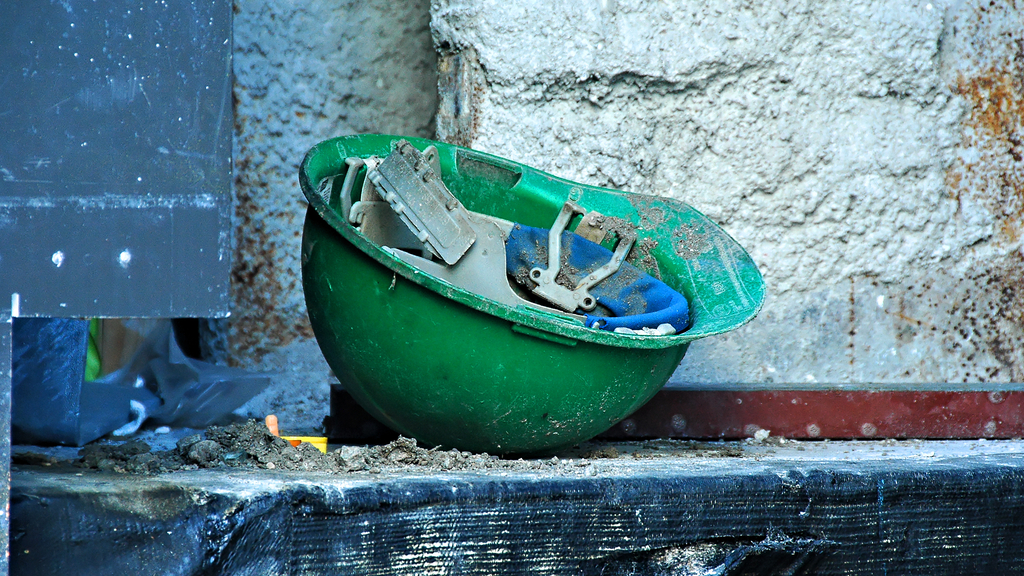
One of the things that we do not ever envisage happening to our business is a disaster. Many people in the last few years have experienced what they believed to be a disaster in the form of the pandemic forcing people home in a mass exodus. But this is a solid lesson in emergency preparedness planning. It’s about looking after the project in terms of its scope and scaling everything accordingly. So what does it really take to prepare for disaster?
Creating Copies of Essential Programs and Data
Technology is one of those areas that we can either feel like we can protect sufficiently through our in-house team or we are a business on such a small scale that we do not know what we would do if we were to be attacked. This is where having a solid business continuity plan comes in handy. It allows you to set up a Bible of what you would do in these situations. It is, in essence, an emergency kit that will keep your business ticking over. When it comes to backup copies, make sure that they are kept away from the primary facility and are stored in a cloud system. It’s also important to be in the habit of backing up information on a regular basis to a schedule.
Understanding Your Risks
When you know the types of disasters your business is most at risk of succumbing to, you have a greater perspective of the bigger picture so you can minimise the potential damage to the business, as well as the employees, or, if necessary, the building. Disasters come in many forms, from fires to storms, and understanding the risks for each one gives you far better tools to deal with them.
Getting to Grips With Your Insurance Coverage
Business insurance policies are so important, but you must review your policy on a regular basis to make sure you understand the limits of your insurance and how your coverage can keep you afloat. Every coverage is subject to limitations or exclusions, and knowing that you are not covered for something that can be easily remedied will make a big difference.
Focusing on Prevention
The solution, in many ways, is simple. The best way to prevent a disaster is to stop it from happening in the first place. This is where regular audits or system checks of every safety system, IT system, and the building will allow you to determine the impact on your business, so you can be more effective when it comes to disaster planning. You can benefit from taking a leaf out of other people’s books. For example, if you travel a lot, you could take inspiration from the other companies you come into contact with. Other companies may have their own perspective on how to prevent disasters, but you may also be surprised that some companies have no clue how to deal with an emergency.
The reality is that while you can over-prepare, the solution is about having the rules in place for each relevant permutation so you can effectively prepare your business for disaster.